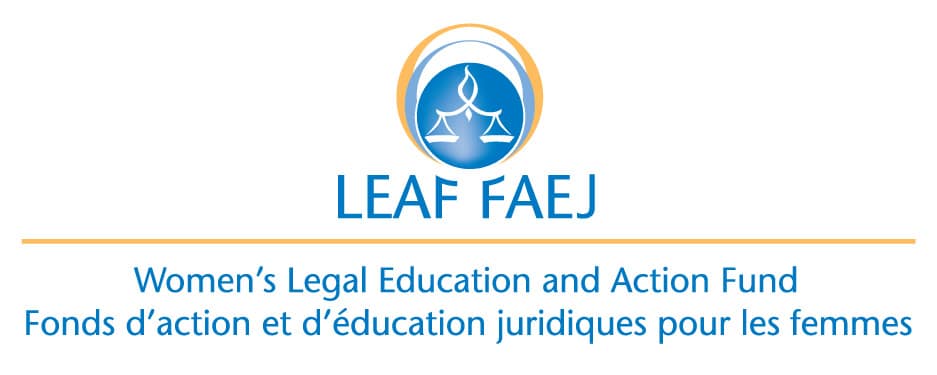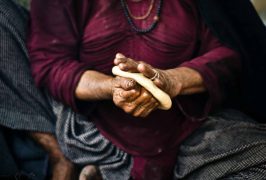December 20, 2016 – Today, the Women’s Legal Education and Action Fund (LEAF) intervenes before the Ontario Court of Appeal in Gehl v Attorney General of Canada, a case challenging sex discrimination in the Indian Act.
Dr. Lynn Gehl is an Algonquin-Anishinaabe woman who has persevered for decades now to seek registration as an “Indian” under the registration system in the Indian Act. Indigenous and Northern Affairs Canada (INAC) has denied her registration because her grandmother did not identify Dr. Gehl’s grandfather on her child’s birth certificate. Pursuant to INAC’s Proof of Paternity Policy, if the father is not listed on the birth certificate, he is assumed to be non-Indian. “Indian status” in Canada provides access to material benefits such as tax exemptions and financial assistance with post-secondary education, but it also carries important intangible benefits, including cultural connection and recognition. As noted in LEAF’s factum, denial of these benefits exposes Indigenous women to poverty, dislocation, political disenfranchisement and social exclusion, and exacerbates their inequality in Canada.
LEAF submits that the registration provisions of the Indian Act, as they are implemented by the Proof of Paternity Policy, create a distinction on the basis of sex and marital status that constitutes discrimination. LEAF asserts that the parent who will be disadvantaged by this policy will inevitably be a woman, since it is men rather than women who are unstated on birth certificates. A policy that makes a distinction based on “unstated paternity” necessarily discriminates on the basis of sex. See LEAF’s factum for full argument of this point.
LEAF is proud to be represented in this appeal by Renée Pelletier and Krista Nerland of Olthuis, Kleer, Townshend LLP. We are very grateful for their pro bono representation.
For more information, see LEAF’s previous statement about Dr. Gehl’s case.
LEAF opposes sex discrimination in the Indian Act
LEAF has supported efforts by Indigenous women to remove sex discrimination from the Indian Act for many years. Most recently, LEAF appeared before the Senate Committee on Aboriginal Peoples, and the House of Commons Standing Committee on Indigenous and Northern Affairs with respect to Bill S-3, An Act to amend the Indian Act (elimination of sex-based inequities in registration). LEAF expressed its concern to the Committees that Parliament has once again chosen to take a piecemeal approach to reform that fails to achieve full equality between Aboriginal men and women in eligibility for and transmission of Indian status. As noted in LEAF’s submission, sex discrimination in the Indian Act is directly connected to the disproportionate violence suffered by Indigenous women and girls. LEAF’s submission to the Senate Committee is available here.
About Women’s Legal Education and Action Fund (LEAF)
Since April 17, 1985, when equality rights were enshrined in sections 15 and 28 of the Charter of Rights and Freedoms, LEAF has worked toward equality for women and girls. LEAF intervenes in key cases to ensure that when courts interpret equality rights, there will be a systemic improvement in women’s lives. For more information about LEAF, visit www.leaf.ca.

